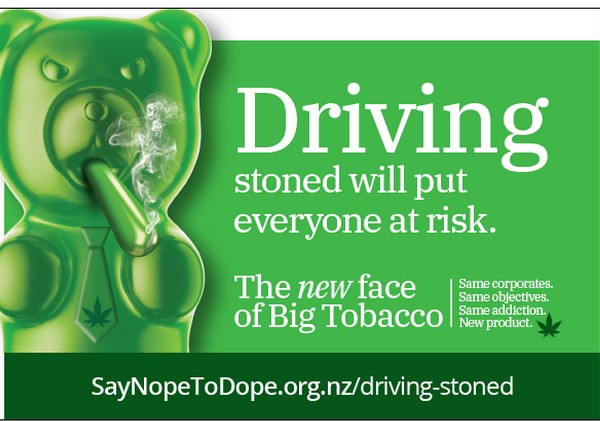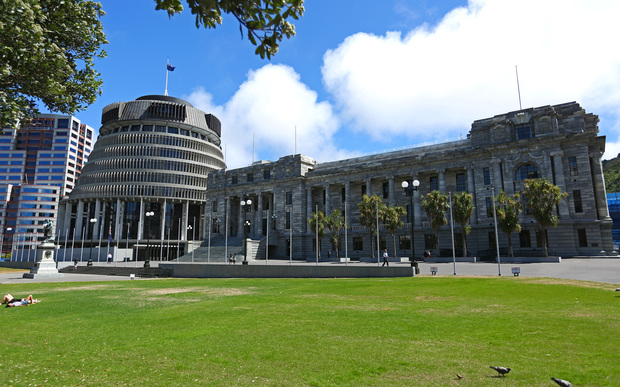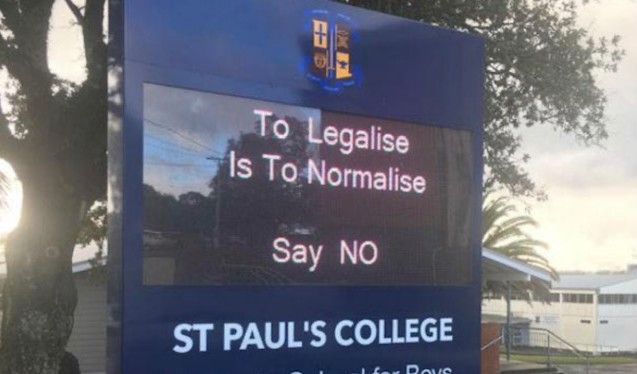
TransportTalk 26 June 2020
It seems every time you tune into social media you get hit with the New Zealand Drug Foundation’s ‘Vote Yes’ campaign to legalise recreational cannabis.
The Drug Foundation wants people to vote yes in the upcoming election referendum. A yes vote will allow the Cannabis Legislation and Control Bill to progress through normal processes into law.
It’s not the Road Transport Forum’s place to tell people how to vote in a referendum. But because there will be an impact on road safety, and the road is the workplace of those in freight transport, it is our place to ask people to be well informed when they go to vote.
The first step is to be clear that this is a vote for recreational, not medicinal cannabis use. Medicinal cannabis is legal in New Zealand via prescription from a doctor. If people tell you they need it for pain relief, or stress, or any other ill, tell them to go to the doctor and get a prescription.
Also, be aware there will be a whole lot more expensive bureaucracy put in place to manage recreational cannabis. That means even more public servants. The bill references a Cannabis Advisory Committee, Cannabis Appeals Authority, and Cannabis Regulatory Authority for starters. How much will all that cost and will it be funded by the tax payer?
In a country that has worked hard to stop people smoking, it will bring smoking back.
But most importantly from our perspective, the RTF believes the Bill, as drafted, gives no consideration to the principle of safety – on the road and in the workplace. We all share the roads – that’s pedestrians, cyclists, car and truck drivers – and everyone wants their loved ones to come home from work each day.
Already the number of people being killed by drug impaired drivers on New Zealand roads is higher than those killed by drivers above the legal alcohol limit. There have been years and years of media campaigns to stop people drinking and driving, but still they do it. So, what is planned to educate people on taking drugs and driving?
Higher risk on the roads automatically means higher insurance premiums across the board – insurance is risk priced and you pay on probability. When households and businesses are already managing tight finances, they shouldn’t be surprised by expenses that should be made clear up front.
In the lead up to the election, there will be a lot of media coverage of this issue. This week I was pleased to see responsible media giving the side of the story that highlighted impacts of drug use and road safety.
Stuff ran a piece from the Timaru Herald which gave some community views on the referendum, including that of former police officer Mark Offen.
He said: One of the common effects of cannabis was slow reactions which impaired evasive action and could be lethal on the road.
“Behind the wheel of a car it can become a lethal weapon.”
He said a more efficient testing kit on the roadside was needed as currently an alleged offender had to be taken back to the station to be tested.
It’s worth a read here.
I also saw in the North Canterbury News the story of a Rangiora man seriously injured in a road crash caused by an alcohol and cannabis impaired driver. You can read Trevor White’s story here.
Trevor lived to tell his story, but many don’t. We don’t want New Zealand’s truck drivers, who are just going about their work delivering all New Zealanders the goods they need, to be the casualty of poorly thought out laws.
*Nick Leggett is CEO of the Road Transport Forum.
http://transporttalk.co.nz/columns/nick-leggett-voting/comment-page-1#comments











